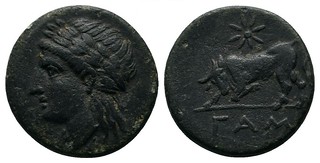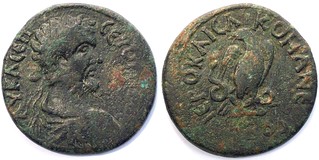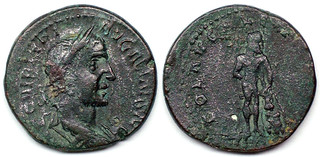
PREV ARTICLE
NEXT ARTICLE
FULL ISSUE
RESTRICTIVE TURKEY, TUNISIA AGREEMENTS PENDINGMark Fox submitted this article about potential agreements with Turkey and Tunisia which could have a large impact on coin collecting in the U.S. Thanks! -Editor U.S. Considers Restrictive MoUs with Turkey and Tunisia Affecting Coin Collecting
For the Tunisian request, received on November 26, coins are plainly mentioned:
What is particularly problematic this time around are the scopes of the requests, which encompass archaeological material from prehistorical times to a large slice of the 1700s A.D., and the countries making them, which collectively comprise an enormous chunk of coin-issuing history. We are talking about billions of coins of Punic, Persian, Greek, Roman provincial and imperial, Byzantine, and Ottoman type, not to mention doubtless other types such as perhaps Vandal.
Of course, the bitter icing on the whole cake is the now regular move to also restrict modern coins. In the current cases, Ottoman types will be the most likely targets, although due to the fact that few Westerners can read Arabic, many other kinds of similarly-inscribed coins will likely attract misplaced suspicion. This is the strange world we are now living in, where a previously criminalized drug has been effectively decriminalized, and a popular, educational, and formative pastime is being slowly criminalized without any external helps to adapt it which are not punitive in nature.
More info on the current MoUs and instructions on what points should be addressed in electronic comments can be found at:
Please don't brood over the possible futility of such an exercise. Please instead send a respectful comment by 11:59 P.M. (EST) on January 7, the time and date of the swiftly-approaching deadline. Even if you are of the opinion that import restrictions on coins would be beneficial in the long run, still say something! As of this writing (January 3), only a mere eleven electronic comments were publicly noted as received by the U.S. Department of State (DOS). This may be our last easy chance to effect meaningful change to the current, numismatically-harsh climate. Above are a few relevant photos of coins in my collection. 1. Mysia, Gambrium (Gambrion). 4th Century B.C. Æ 17mm, 2.74 g.
For a more complete picture of the coins that Turkey and Tunisia would undoubtedly like to see mostly barred from entering the US, I have selected a few example types from the CNG archives. TUNISIA 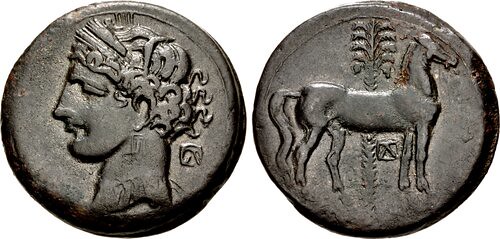
https://www.cngcoins.com/Coin.aspx?CoinID=387652 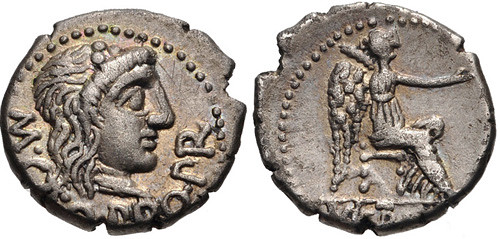
https://www.cngcoins.com/Coin.aspx?CoinID=211384 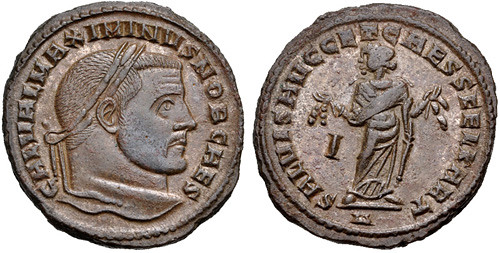
https://www.cngcoins.com/Coin.aspx?CoinID=327040 TURKEY 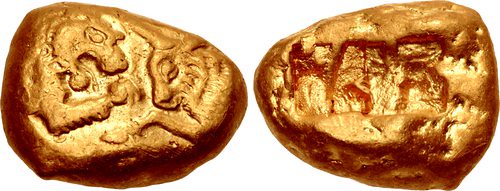
https://www.cngcoins.com/Coin.aspx?CoinID=365167 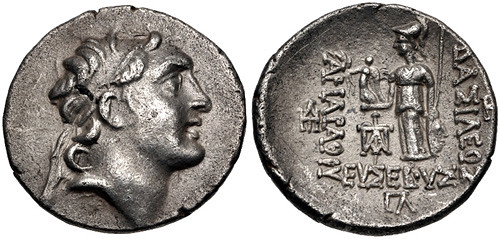
https://www.cngcoins.com/Coin.aspx?CoinID=375440 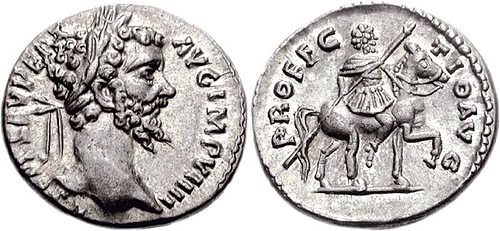
https://www.cngcoins.com/Coin.aspx?CoinID=97075 Wayne Homren, Editor The Numismatic Bibliomania Society is a non-profit organization promoting numismatic literature. See our web site at coinbooks.org. To submit items for publication in The E-Sylum, write to the Editor at this address: whomren@gmail.com To subscribe go to: https://my.binhost.com/lists/listinfo/esylum All Rights Reserved. NBS Home Page Contact the NBS webmaster 
|
